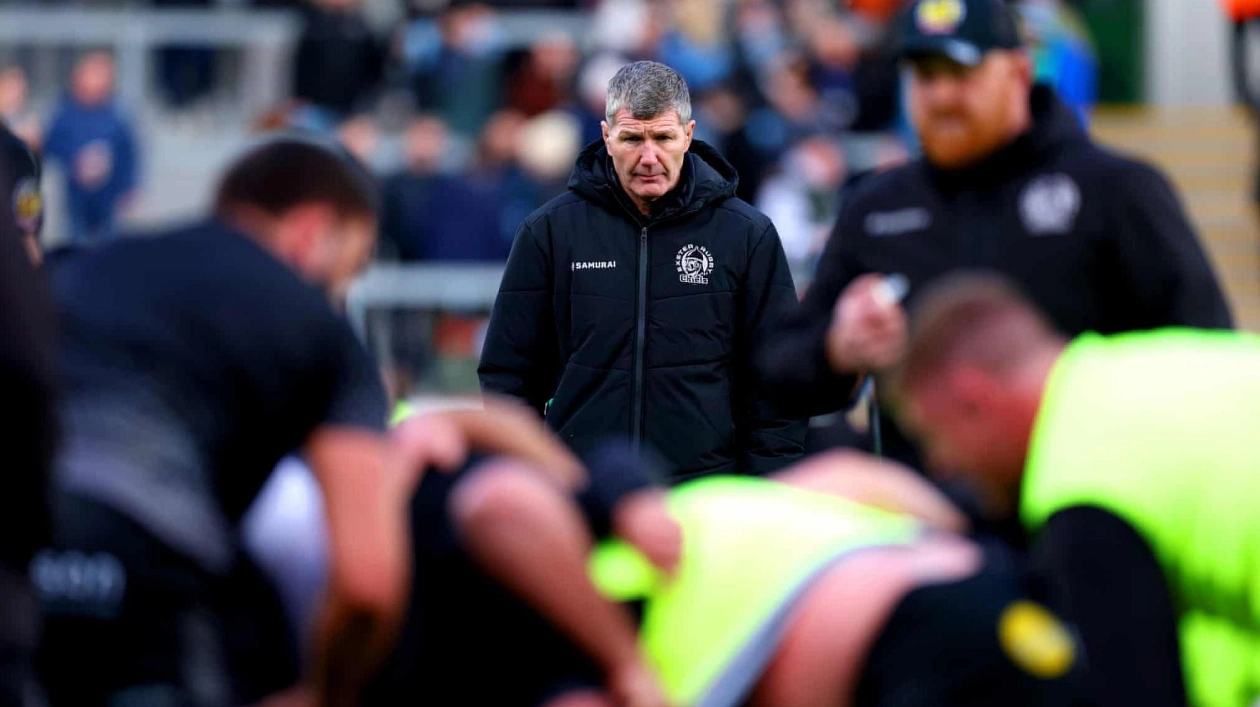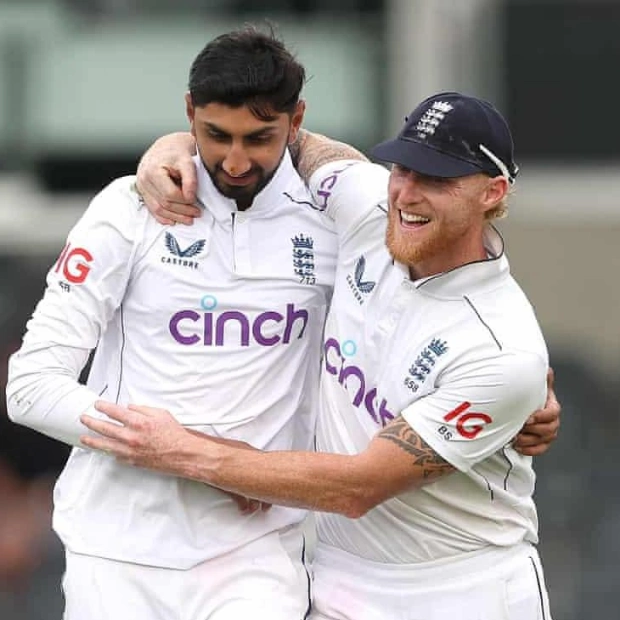Occasionally, it's worth reflecting on what success in sport truly means. Is it solely measured by trophies, or does it encompass a broader spectrum—such as the sustained growth of a club or the pride it instills in the community? The highest praise one can offer Rob Baxter, the Premiership's longest-serving one-club director of rugby, is that once-unfashionable Exeter is now the last place opponents want to start a new season. Under Baxter's guidance for over a decade, the Chiefs have never lost a first-round game at Sandy Park, setting a daunting challenge for Leicester in the opening game of the Michael Cheika era. The rigorous pre-season fitness training at the Royal Marines commando training center in Lympstone, combined with Baxter's meticulous tactical planning, ensures the Devonians remain a formidable force at their hilltop home above junction 30 of the M5.
While trophies don't always come in June—the increasingly youthful Chiefs haven't been domestic champions since 2020 and need to improve their mediocre away form—everything is relative. Fifteen years ago, Cheika was leading Leinster to the Pro12 title while Exeter was battling in the Championship against Moseley, Birmingham-Solihull, and Rotherham. Baxter's remarkable achievement in propelling his local side into the Premiership in his first full season in 2009-10 remains one of British sport's greatest transformations. So, what advice would the seasoned Chief offer the newly arrived Cheika? Baxter has plenty of wisdom to share, though he dislikes being seen as a grey-bearded elder. "I'm only 53. There are many DORs and coaches much older than me who aren't constantly asked if they're still energetic and enthusiastic. If I'd moved jobs three times in those 15 years, I probably wouldn't get asked that. I'm far from retirement and still believe there's much to achieve here."
Experience clearly aids in the delicate process of team-building. Exeter, having let go of several senior players to lower their wage bill, is still rebuilding, but the club's ability to find new talent—Immanuel Feyi-Waboso, Greg Fisilau, Ross Vintcent—to replace familiar faces like Jack Nowell, Dave Ewers, and Sam Simmonds remains unmatched. Baxter freely admits to thinking like a farmer and, besides working long hours, continuously plans at least a couple of years ahead. "When I first joined, he was the forwards coach, defense coach... he did everything," confirms Jack Yeandle, the Chiefs' longtime club captain. "But the biggest thing about Rob is the small details. The alignment of everything... making sure everything works in the same direction."
Even now, approaching half a century since he attended his first Exeter game at the old County Ground, nothing much happens by accident. Baxter even codes the footage of every game himself, spending four or five hours on a Sunday analyzing his computer to ensure he knows exactly how each squad member is performing. On days off—or what passes for them—he scouts university or academy games, believing this might give him a slight edge over overseas coaches with shorter-term goals and less intimate knowledge of the terrain. "I think longevity—more than whether you're English or not—gives you a bit of an advantage. You've seen a lot, you've seen a team grow, emerge, and change. That gives you confidence you can build something over time."
While Exeter hasn't been in a position to replicate the legendary European and domestic double they achieved four years ago—they've been seventh in the league for the last three years—Baxter's approach hasn't changed much. This summer, he deliberately spent pre-season reviewing footage of underdog young teams that unexpectedly rose to glory, still convinced the key to success lies in creating the right mindset. "The simpler you keep it, the easier it is for people. I never get tired of telling the lads, 'I want to watch you and feel like it means something.' That's ultimately what sport is about. What really gets the crowd going? When you're watching your team and you can tell they're united and emotionally right... that's an incredible feeling. I don't think you need to look too far ahead of that."
It hasn't always been smooth sailing. Covid seriously undermined the Chiefs' finances, and even Baxter was concerned everything could collapse. This is why he believes the Rugby Football Union could have done more to ease the clubs' pain and isn't thrilled with the terms of the recently signed Professional Game Partnership. "The truth is, the Premiership and England both need each other to be successful for various reasons. We want people to look at rugby and say it's vibrant." He is also unimpressed by the prospect of Feyi-Waboso potentially being withheld from a big Exeter game this winter against his wishes. "I'm concerned about the control issue and what issues that may lead to. Everyone is being a bit naive if they think 'Sensible conversations will deal with everything.' I don't think they will. You use every weapon at your disposal, don't you?"
Ultimately, Baxter's core ambition is for Exeter to rise again, with bigger-name signings in the pipeline once chairman Tony Rowe is content the club is back on a positive financial footing. "I know he wants to rebuild our squad to a level where we can afford to be right at the top of the salary cap. If we can bring through another group of young players to win the Premiership again, I would be absolutely over the moon. People ask which of our titles meant the most, and the answer is the next one." "Don't get me wrong, our first Premiership win—and winning the Champions Cup—was incredible. But the whole thing would just feel bigger doing it again. It would be incredibly satisfying. Ultimately, you're doing anything you can to keep moving forward. The speed of moving forward doesn't matter too much, but it keeps everyone feeling you'll get somewhere eventually. We've got some big steps to take, but you feel there's something around the corner, and we can grow again. I don't mind saying that's hugely motivational."






